A Fresh Agreement between IAEA and Iran for Nuclear Observation

International Atomic Energy Agency’s (IAEA) Director General Rafael Grossi met with the newly appointed head of Iran’s Atomic Energy Organization Mohammad Eslami, in Tehran, Iran on September 12th, 2021. Reportedly, the meeting was facilitated by Russia. Iran and the UN’s atomic ombudsman reached a temporary agreement to encourage a solution for “the most urgent issue between them, the overdue servicing of monitoring equipment to keep it running, raising hopes of fresh talks on a wider deal with the West”. The new government in Tehran agreed to let the IAEA observe and monitor the progress of Iran’s nuclear program. Furthermore, “That deal has been considered a minimal requirement for a resumption of talks in Vienna on trying to restore compliance with the 2015 Iran nuclear deal, which President Donald J. Trump abandoned in 2018.” The newly agreed deal limits Iran’s enrichment of uranium in consideration for the lifting of punishing economic sanctions.
Both Grosso and Eslami called the meeting “constructive” and the joint statement after the meeting stated, “IAEA inspectors could service the monitoring equipment, which includes cameras, and replace their storage cards with new ones. But as agreed in a similar emergency deal last February, the contents of the storage cards are kept under seal and will be released to the agency only when and if Iran and the United States agree on a revival of the 2015 deal, known as the Joint Comprehensive Plan of Action.” The agreement further added that in order to keep proper check, the installed equipment will be serviced every three months so they do not run out of storage memory. Iran agreed to hand over the tapes to the agency only after reaching an agreement which will eventually lift United States sanctions. Eurasia Group analyst Henry Rome called Iran’s “concessions” on monitoring as “very modest,” and said “they will almost certainly be sufficient to avert censure at this week’s meeting.” Grossi added that the agency will replace the damaged or destroyed cameras and will engage with a new government to “commit to engagement.” He also stated that the arrangement was “indispensable for us to provide the necessary guarantee and information to the I.A.E.A. and to the world that everything is in order.”
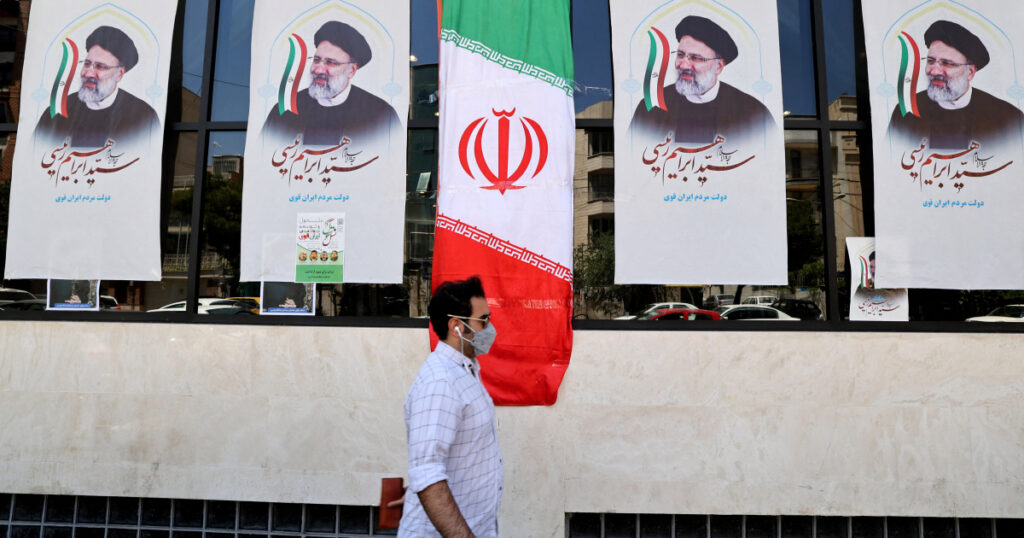
Upon his arrival back to Vienna, Grossi held a news conference in the city’s airport and claimed that the agreement will ensure the continuous recording of data for the agency, opening grounds for the nuclear deal signatories to involve in diplomacy.


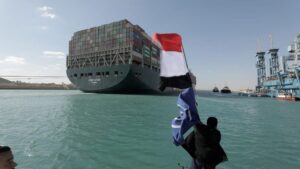
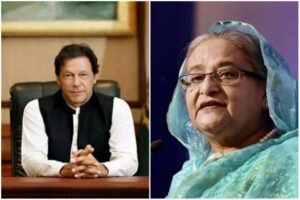



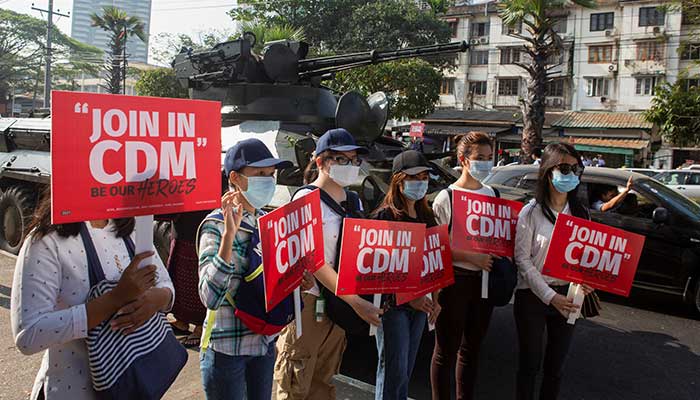
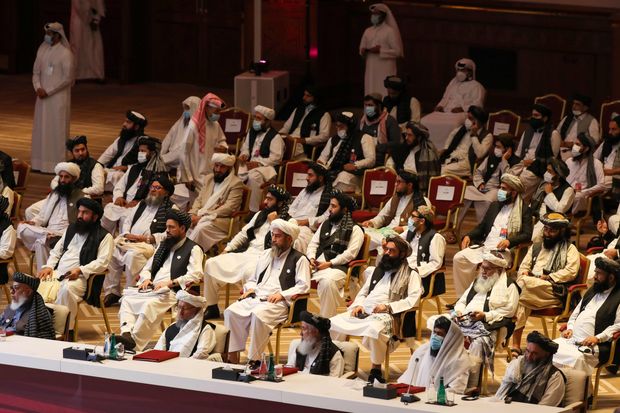
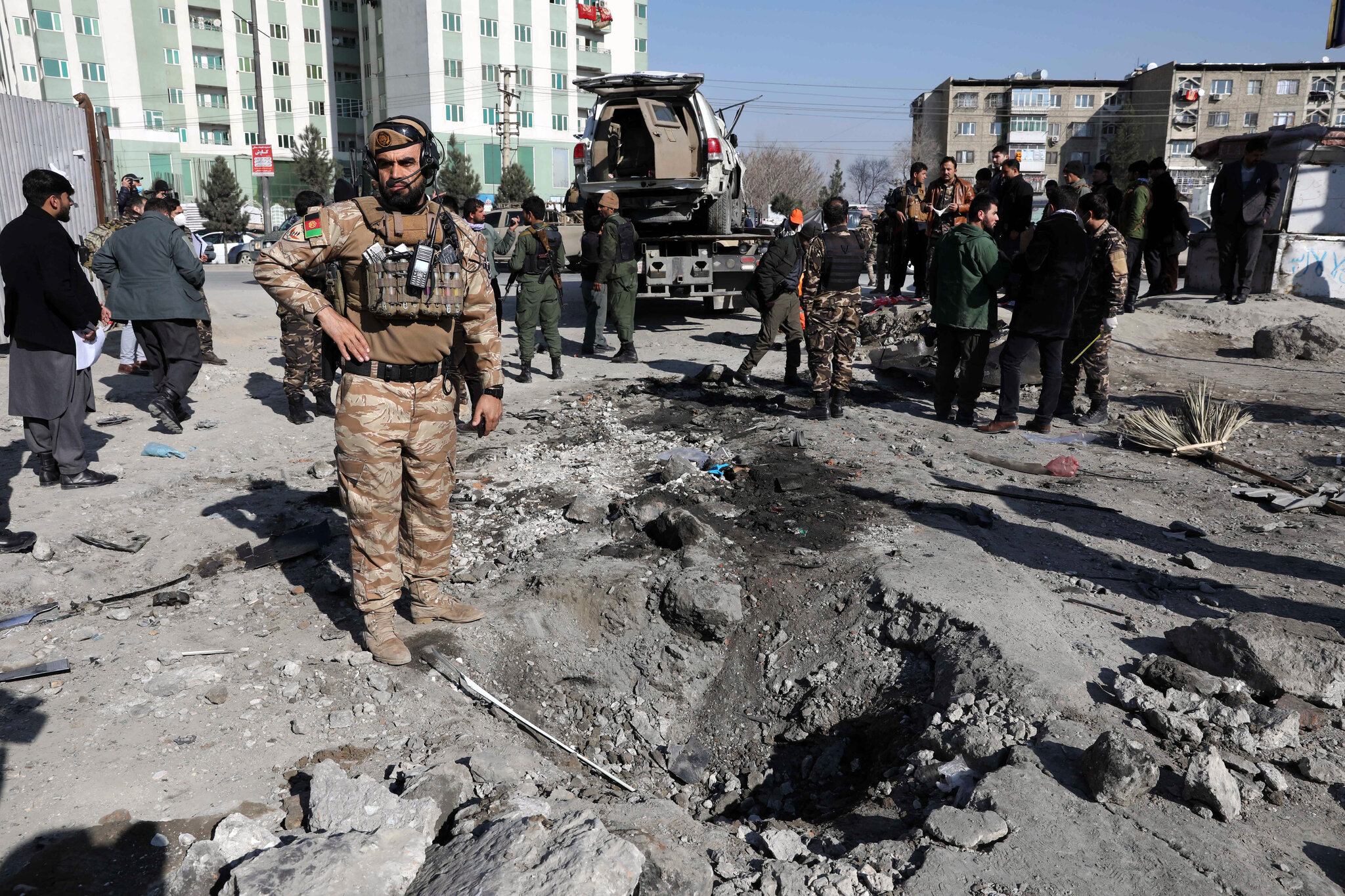
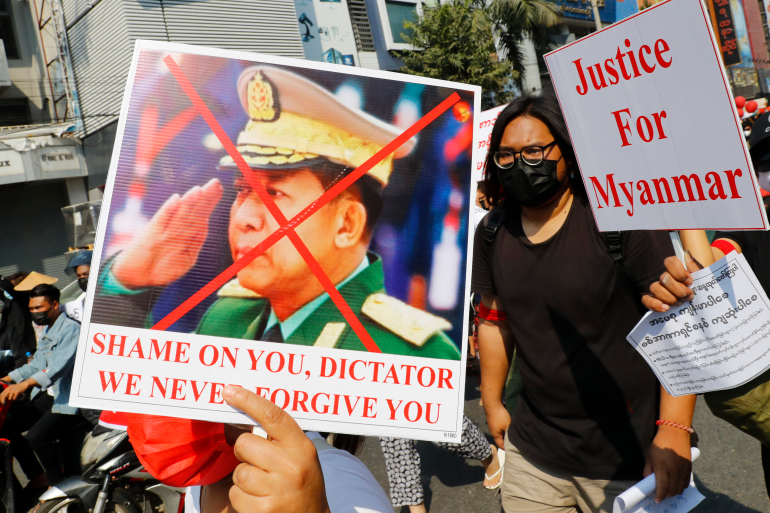
 A piece of Himalayan glacier in the Indian state of Uttarakhand broke off and fell into a river Sunday, causing flood that have killed at least 20 people so far, while nearly 200 remain missing. The wall of water barreled down a valley in the northern state of Uttarakhand on Sunday morning, destroying bridges, roads and two hydroelectric power plants this is not a small incident, it’s more alarming that the glaciers are melting more rapidly as compare to previous years. Environment protectionists are worried and call it a climate change event and the glaciers are melting due to global warming, however they also warned people to get ready for more disasters.
A piece of Himalayan glacier in the Indian state of Uttarakhand broke off and fell into a river Sunday, causing flood that have killed at least 20 people so far, while nearly 200 remain missing. The wall of water barreled down a valley in the northern state of Uttarakhand on Sunday morning, destroying bridges, roads and two hydroelectric power plants this is not a small incident, it’s more alarming that the glaciers are melting more rapidly as compare to previous years. Environment protectionists are worried and call it a climate change event and the glaciers are melting due to global warming, however they also warned people to get ready for more disasters.











 This law was followed by the Russian constitutional amendments, which allows Putin to run for elections for another two terms, and allows him to remain in Presidential seat until 2036. He has been ruling Russia as a president since 2000. After this legislation, Presidents after they have left the office are no more prohibited to become Senators for life in Federation Council, the upper house of Russian Parliament. A position of the former Russian President in the Senate also comes with the expanded immunity. Apart from this legislation, the Russian Parliament has also passed a law that has made information about employees of Russian Judicial System, officers working for law enforcement agencies or with regulatory authorities and military personnel classified as confidential. These legislations required a sign from the Russian President, Putin, which is merely a formality. However, to revoke the protections that new law has given the former presidents a supermajority of Russian lawmakers will be required. The immunity given to the presidents has played a significant role in Putin’s rise to power. Putin previously granted immunity to a former president, Boris Yeltsin, from being interrogated, arrested or his house being searched by the police. The analysts in Russia have interpreted this decision of Putin as an incentive, to Yeltsin who stepped down from presidency and chose Putin as his successor. Although Yeltsin denies the rumors of having any deal with Putin in this regard. The previous law that grated presidential immunity was first time adopted by Russian Parliament in 2001. Other than Yeltsin, the only other former President who can enjoy the Presidential immunity is Dmitry Medvedev, who remained in office from 2008 till 2012, after which Putin was allowed to return back as President.
This law was followed by the Russian constitutional amendments, which allows Putin to run for elections for another two terms, and allows him to remain in Presidential seat until 2036. He has been ruling Russia as a president since 2000. After this legislation, Presidents after they have left the office are no more prohibited to become Senators for life in Federation Council, the upper house of Russian Parliament. A position of the former Russian President in the Senate also comes with the expanded immunity. Apart from this legislation, the Russian Parliament has also passed a law that has made information about employees of Russian Judicial System, officers working for law enforcement agencies or with regulatory authorities and military personnel classified as confidential. These legislations required a sign from the Russian President, Putin, which is merely a formality. However, to revoke the protections that new law has given the former presidents a supermajority of Russian lawmakers will be required. The immunity given to the presidents has played a significant role in Putin’s rise to power. Putin previously granted immunity to a former president, Boris Yeltsin, from being interrogated, arrested or his house being searched by the police. The analysts in Russia have interpreted this decision of Putin as an incentive, to Yeltsin who stepped down from presidency and chose Putin as his successor. Although Yeltsin denies the rumors of having any deal with Putin in this regard. The previous law that grated presidential immunity was first time adopted by Russian Parliament in 2001. Other than Yeltsin, the only other former President who can enjoy the Presidential immunity is Dmitry Medvedev, who remained in office from 2008 till 2012, after which Putin was allowed to return back as President. Tensions between USA and China have only escalated over the past year or so. USA has explicitly accused China for spreading corona virus pandemic, imposing national security law in Hong Kong and expansionist behavior over South China Sea. These accusations have further deepened that strains between USA and China. The USA has growing concern about China’s “Civil-Military fusion.” This category involves the idea of armed forces, national police and any person that ropes and supports the maintenance or production of military items, even if their businesses are non-military, work together. This is the reason that Trump administration has published a list of Chinese and Russian companies with military ties that “restrict them from buying a wide range of U.S. goods and technology” as per USA’s senior Commerce Department officials. The list has named 103 entities including 58 companies with ties to China and 45 with ties to Russia.
Tensions between USA and China have only escalated over the past year or so. USA has explicitly accused China for spreading corona virus pandemic, imposing national security law in Hong Kong and expansionist behavior over South China Sea. These accusations have further deepened that strains between USA and China. The USA has growing concern about China’s “Civil-Military fusion.” This category involves the idea of armed forces, national police and any person that ropes and supports the maintenance or production of military items, even if their businesses are non-military, work together. This is the reason that Trump administration has published a list of Chinese and Russian companies with military ties that “restrict them from buying a wide range of U.S. goods and technology” as per USA’s senior Commerce Department officials. The list has named 103 entities including 58 companies with ties to China and 45 with ties to Russia.

 A map shows the flight paths of Russian and Chinese bombers over the East China Sea and Sea of Japan on Tuesday, December 22, 2020. PHOTO BY JAPANESE MINISTRY OF DEFENSE
A map shows the flight paths of Russian and Chinese bombers over the East China Sea and Sea of Japan on Tuesday, December 22, 2020. PHOTO BY JAPANESE MINISTRY OF DEFENSE